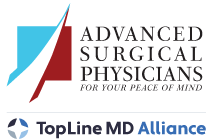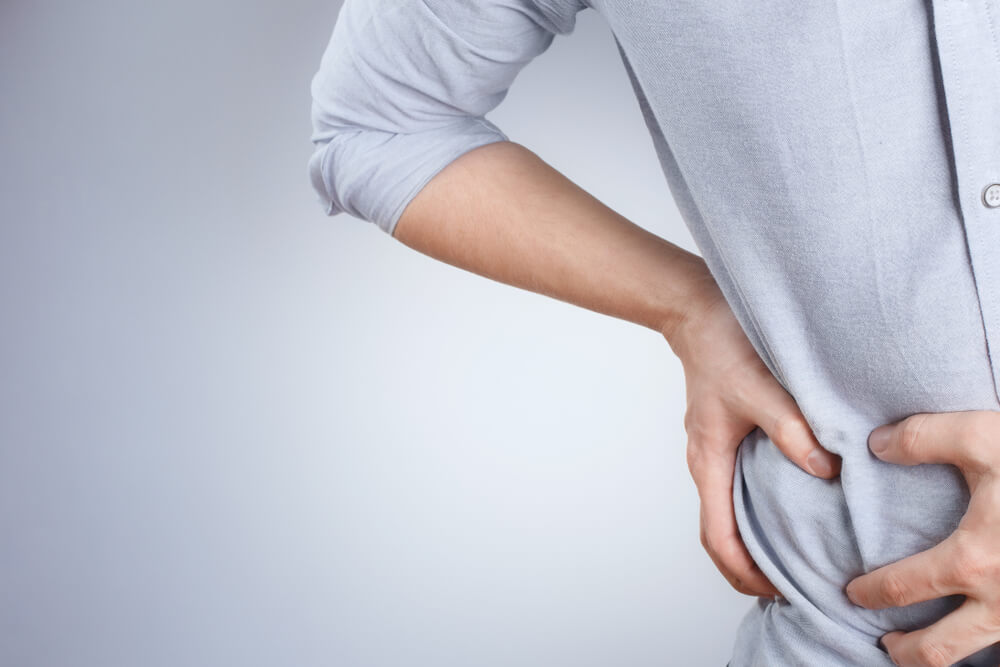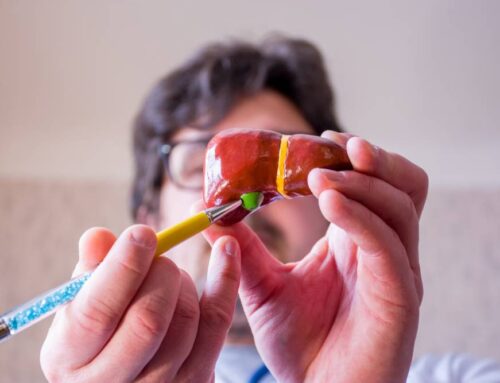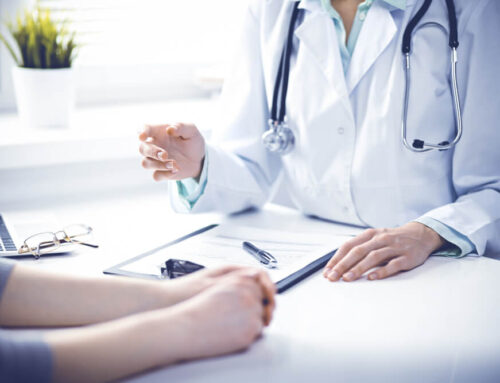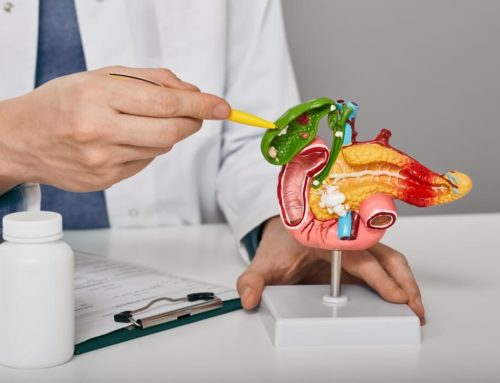If you are experiencing severe pain and abdominal tenderness, you may have a gallbladder attack. However, sometimes the symptoms may point to some other underlying medical condition. Because of that, it is essential to be aware of the gallbladder attack symptoms and not mistake them for something else. But how do you recognize a gallbladder attack when it is happening? Worry not; you have stumbled on the right article. Below, you’ll uncover the different signs of a bad gallbladder, the symptoms to look out for, and when to see a doctor. In some cases, you may require surgery. If this is you and you are searching for the best professionals in the area, consider gallbladder surgery in Palm Beach Country, FL.
That said, here is what you must know about having a gallbladder attack.
The Gallbladder Defined
Before understanding the gallbladder attack symptoms, you must know what the gallbladder refers to. In short, the gallbladder is a tiny sack in the upper right part of your abdomen or just below the liver. In appearance, the gallbladder resembles a sideways pear, and its primary function is to store approximately 50 percent of gall or bile created by your liver.
To break up fats properly, the body requires bile. Bile is a liquid that also assists in absorbing specific vitamins from consumed foods. When a person consumes fatty foods, the body releases bile from the liver and the gallbladder into the intestines. Finally, the food is mainly digested in your intestines.
Is it a Gallbladder Attack or Something Else?
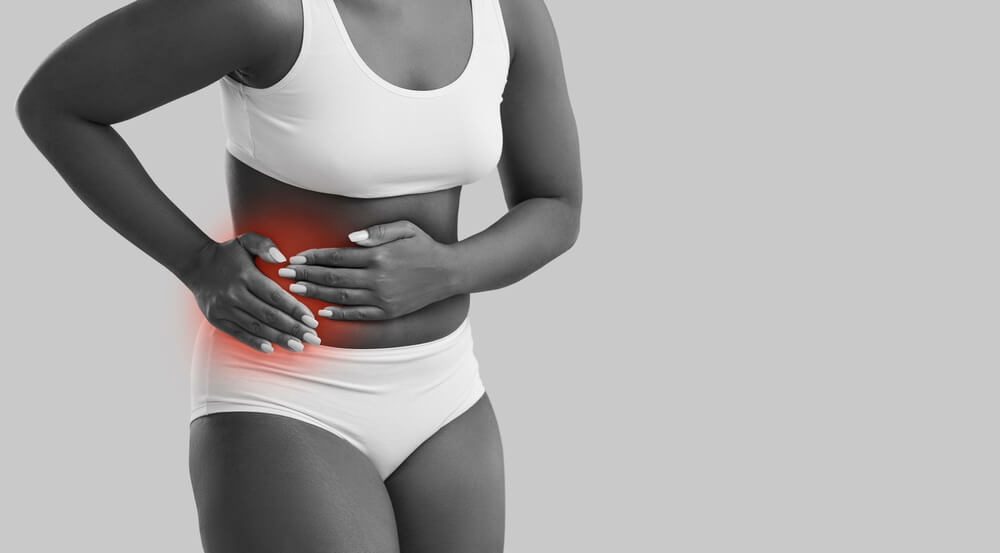
You may have heard about gallbladder attacks, also called biliary colic, acute cholecystitis, or gallstone attack. All of these terms relate to the same medical condition. If the patient is experiencing sharp pain in the upper right part of the abdomen, it can point to the gallbladder. That said, there are other reasons why patients may experience pain in this region. Some of the reasons include the following:
- Liver inflammation or hepatitis
- Stomach or peptic ulcer
- Heartburn or GERD
- Appendicitis
- Pneumonia
- Liver abscess
- Kidney infection
- Kidney stones
- Hiatal hernia
- Pancreatitis or the inflammation of the pancreas
- Severe constipation
- Shingles infection
If you believe you may have gallbladder attack symptoms, it is crucial to consult a medical professional immediately. We recommend booking an appointment at Advanced Surgical Physicians, Wellington, FL.
Could it be a Gallstones Attack?
What are gallstones? In short, gallstones resemble pebbles, and they are created from minerals, proteins, and fats in the body. An individual may experience a gallbladder attack when the gallstones block the bile tube or the bile ducts. When this occurs, bile build-up happens in the gallbladder.
As a result, this swelling and blockage will trigger sharp gallbladder pain. When the bile can flow out, the attack will typically stop.
These are the two key gallstone types:
- Pigment gallstones. These refer to gallstones created when bile contains excessive bilirubin amounts. Pigment gallstones are black or dark brown in the colon.
- Cholesterol gallstones: This gallstone type is the most common. They are yellow or white in appearance because they consist of fat or cholesterol.
You don’t have to experience gallbladder attack symptoms to have gallstones. In the US, approximately nine percent of female patients and six percent of males experience gallstones without noticeable signs. Patients with gallstones that don’t cause bile duct blockage will not experience typical symptoms of a gallbladder attack.
Typical Gallbladder Attack Symptoms
In most cases, patients may encounter a gallbladder attack after consuming large portions of food. When you consume fatty foods, your body will create excess bile. According to findings, a gallbladder attack is more likely to occur in the evening hours.
Patients who encounter gallstone attacks have a higher chance of experiencing another one. The pain linked to a bad gallbladder usually differs from standard abdominal pain. Here are some of the most common gallbladder attack symptoms to be aware of:
- Pain that doesn’t go away and that gets worse over time
- Sharp and intense pain that makes it challenging to sit in one place
- Cramping or dull pain that worsens rapidly in the upper right section of the abdomen
- Sharp gallbladder pain that sometimes lasts for multiple hours
- Abdominal tenderness
If you notice some or all of these signs of a bad gallbladder, consult with a medical professional immediately. Your healthcare provider will suggest the best treatment plan for you. If you have gallbladder attack pain, the sensation can spread from the belly to the right shoulder or to the back between the shoulder blades.
Some other signs of a bad gallbladder include:
- Fever
- Chills
- Nausea
- Vomiting
- Tea-colored or dark urine
- Eye or skin yellowing
- Clay-colored or light bowel movements
These signs of a bad gallbladder can be mistaken for regular abdominal pain. Because of this, it is crucial to seek out medical assistance and guidance. A gallstone attack may lead to various health complications. For instance, some patients may also have liver problems. Because duct blockage can back up excessive bile in your liver, you can get jaundice (yellowing of the whites of the eyes and the skin).
When Should You Consult a Doctor?
If you have sharp gallbladder pain that doesn’t go away (and that gets worse over time), it is time to reach out to a medical professional. You may require adequate treatment to prevent future health complications. Never attempt to ignore sharp gallbladder pain. Also, refrain from self-diagnosing and self-medicating.
Treating a Gallbladder Attack
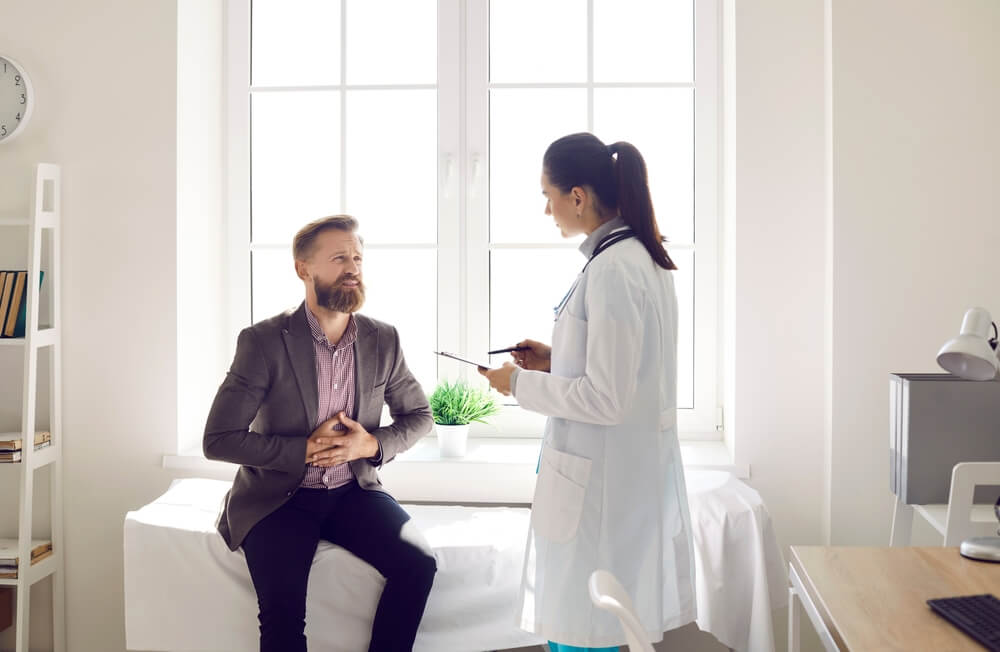
The good news is that there are plenty of effective ways to relieve gallbladder attacks. To get started, the medical professional will provide you with pain medication. Some patients may also get anti-nausea medicines to alleviate vomiting and other symptoms. Treatment with natural methods is also an option.
The gallbladder attack can disappear without medical assistance. However, you may need follow-up appointments at your clinic. Also, patients may require tests and scans to confirm that the pain is a result of a bad gallbladder. Some of these include:
- CT scan
- Ultrasound
- Abdominal X-ray
- HIDA scan
- Liver function blood test
To dissolve the cholesterol gallstones, doctors will recommend ursodiol (Urso, Actigall) or ursodeoxycholic acid. Patients experiencing pain that does not go away without treatment are eligible candidates for this medication. Remember that you may need to wait months for the medication to be effective. In some cases, patients need to wait for a maximum of two years. Also, the gallstones may reoccur once the patient stops with medication.
Surgery is another option for treating this condition. Three surgical treatments involve:
- Endoscopic retrograde cholangiopancreatography (or ERCP)
- Cholecystectomy
- Percutaneous cholecystostomy tube
Your healthcare provider will recommend the best treatment option for you based on the severity of your condition and other factors.
Preventing future attacks is crucial. Try implementing the following three lifestyle changes to improve your overall health:
- Lose excessive weight. Being overweight or obese can boost the risk.
- Get daily exercise. You are at higher risk of this condition if you live a sedentary life.
- Decrease stress and focus on your well-being: Implement these strategies slowly into your life and try to achieve a balanced lifestyle. Never skip meals. Make sure that you are nourished and thriving.
Give Us a Call Today
Keep in mind that this blog is for informational purposes only. If symptoms do not resolve or if they return, seek medical attention as soon as possible at your primary care physician or with our office.
Health should always be your top priority. Let us help you achieve your wellness goals. Make an appointment with Dr. Eldredge at Advanced Surgical Physicians, Wellington, FL, to start today.

